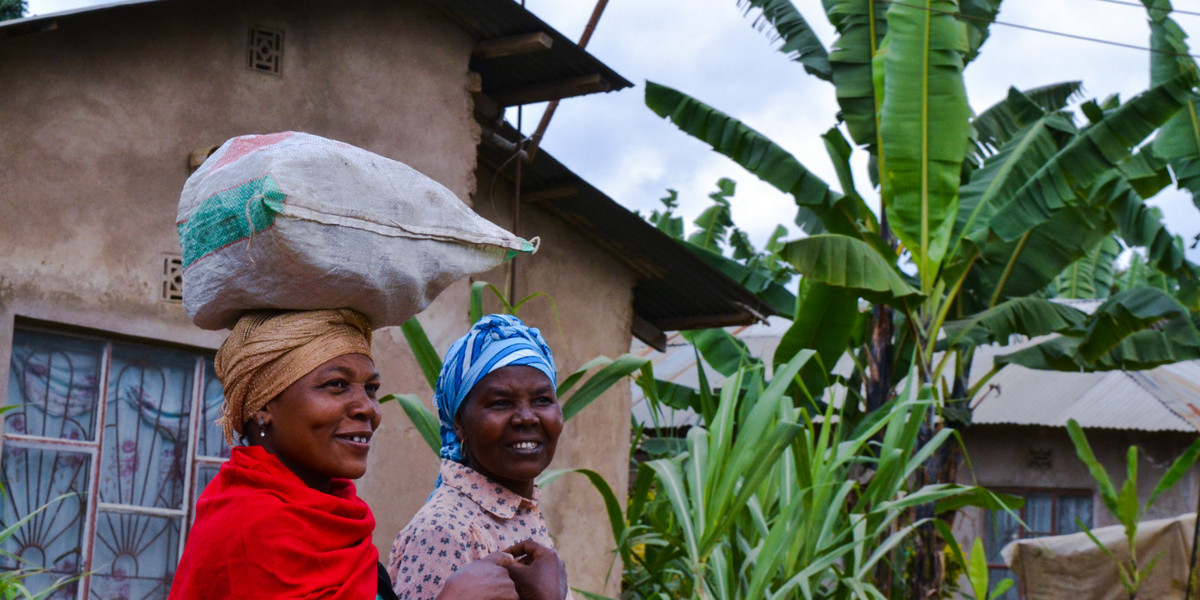This statement, supported by CIDSE, Act Alliance-EU and AEFJN was launched on the occasion of a webinar on rural development in Africa, one of the workshops organised during the VENRO Africa-Europe civil society conference in Berlin on 16 October 2020. The signatories call upon European and African policymakers to enshrine a number of imperatives in the EU-AU strategy development in relation to agriculture and land.
The call for signatures was extended until 30 November 2020 and enabled to gather over 70 signatures from African civil society organisations and other supporting international organisations.
We, members of a broad alliance of civil society and faith-based organisations across Africa, take this opportunity to voice our concerns and recommendations towards the upcoming EU-AU Summit. African civil society has been following recent EU-driven processes including the 2019 Task Force Rural Africa – An Africa-Europe Agenda for Rural Transformation (TFRA), the AU EU Agriculture Ministerial Conference and the EU’s proposed Strategy with Africa.
African civil society participated in the consultations around TFRA, on one hand broadly welcoming progressive aspects such as the recognition that the rural economy is the driver of poverty reduction, the shift in emphasis towards family farming, Africa’s huge diversity and consequent need for context-specific locally driven solutions, and the adoption of a food systems approach. On the other hand, concerns were raised about the failure to address the big issues facing Africa, primarily the corporate capture of food systems, and the damage this is doing to our environment, our soils, lands and water, our biodiversity, our nutrition and health.
A year later, the 2020 EU Strategy with Africa seems to have lost touch with this agenda altogether, failing to address agriculture and food systems but rather concentrating on creating a conducive environment for large scale private sector business interests. While the stated aim is to “build a more prosperous, more peaceful and more sustainable future for all”, the five proposed partnerships on energy, digitalisation, inward investment, peace and migration are largely silent on the needs of the >60% of African households who depend upon family farming and small-scale food production for their livelihoods.
To read the end of the statement, click here.
“Land and agriculture are viewed differently in Africa and cannot be treated the same as in Europe. For the 60% of Africans who depend on agriculture for their livelihoods, land is neither a commodity nor an individual possession; it is a gift from God and our ancestors.”
Credit photo: Pexels-blue-ox-studio

